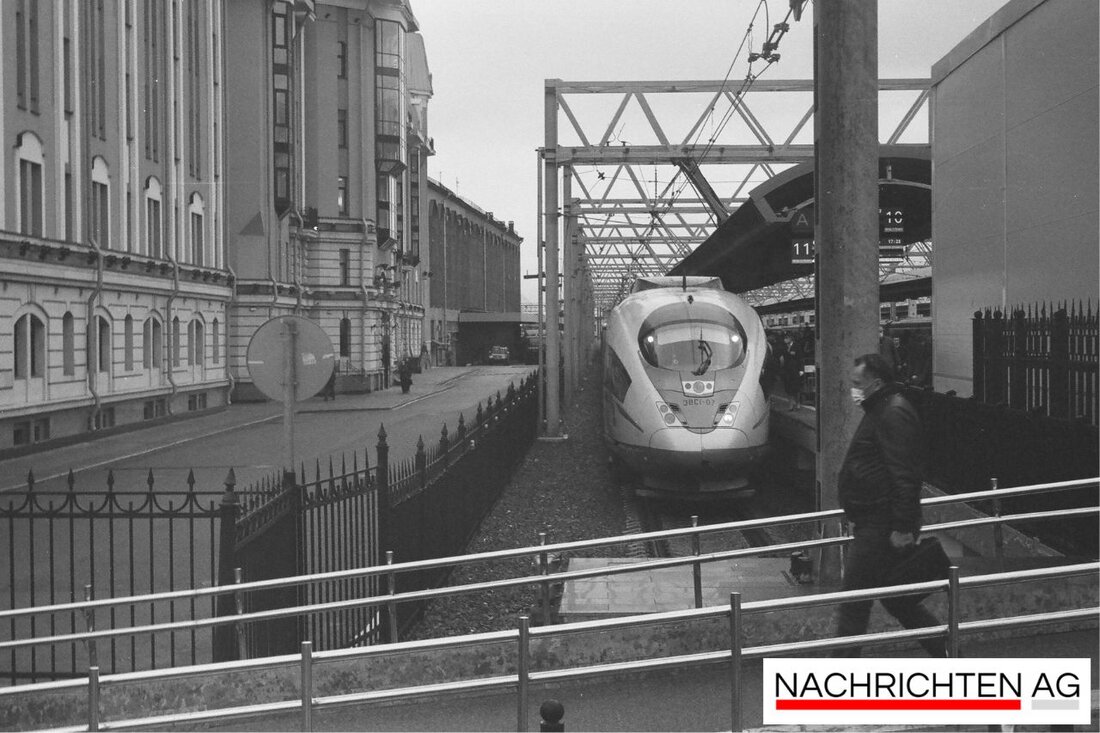Turkish Bazaar in Berlin: A festival of memories on October 11th!
Find out everything about the Turkish Bazaar in Tempelhof-Schöneberg, its founding, significance and the planned music festival on October 11, 2025.

Turkish Bazaar in Berlin: A festival of memories on October 11th!
The Turkish Bazaar in Berlin, which opened in 1980 in the Bülowstraße subway station, is an unforgettable part of the city's history and a symbol of the German-Turkish community. Led by Atalay Özçakir, a Turkish actor, the center was founded with the aim of creating a place for German-Turkish communication. The bazaar soon developed into an important meeting place for residents, tourists and artists in Berlin. Until 1991, it was particularly popular and featured a variety of shops offering leather goods, jewelry, wedding dresses, kitchen appliances and carpets. The opening of the bazaar was celebrated with a parade and a Turkish military band
.
A music festival in memory of the bazaar will take place on October 11, 2025, which will celebrate the cultural roots and importance of Turkish heritage in Germany. The bazaar was not only a shopping paradise, but also a place of entertainment with a “Gazino” that served as a well-known music and dance hall. These institutions offered Turkish artists and musicians a platform to showcase their talents and contributed to Berlin's multicultural atmosphere. However, the fall of the Berlin Wall in 1989 and the subsequent changes led to the end of the bazaar in 1993, which represented a drastic loss for the community.
The importance of guest workers
The Turkish Bazaar was created in the context of a historical phenomenon: the immigration of guest workers to Germany. After World War II, Germany experienced a massive labor shortage, which was exacerbated by the construction of the Berlin Wall in 1961. To counteract this, West Germany concluded several recruitment agreements, including with Turkey in 1961. By 1973, around 870,000 people from Turkey immigrated to Germany and contributed significantly to the economic boom promoted by the Marshall Plan
.
These guest workers often lived in isolation and faced discrimination. Their living conditions and lack of integrated social structures made it difficult to develop a sense of community. Nevertheless, they created important cultural focal points with their shops, such as the Turkish Bazaar. The oil crisis of 1973 ultimately led to a special recruitment stop, which is why many Turks brought their families and stayed in Germany.
Invitation to the memorial celebration
A music and street festival will be held on October 11, 2025 in honor of the Turkish Bazaar and the “Gazino”. In addition to musical performances, a tent will be set up for contemporary witnesses where people can share their memories and experiences. The aim of these events, which are organized by the Tempelhof-Schöneberg district, is to keep the history of “guest workers” and their influence on Berlin culture alive.
The city is actively looking for people who would like to gain experience at the Turkish Bazaar. Anyone interested is invited to contribute stories, photos and videos. This shows how important the memory of this history is for today's Berlin and how it should be preserved as part of the city's history. Further information about the event can be found on the official website for the “Gazino and Turkish Bazaar” music festival.
Overall, the Turkish Bazaar remains not only a remnant of times gone by, but also a living part of Berlin's multicultural identity that continues to inspire and connect many people.
For more details about the above-mentioned events and their historical background, visit rbb24 and History is Now.

 Suche
Suche
